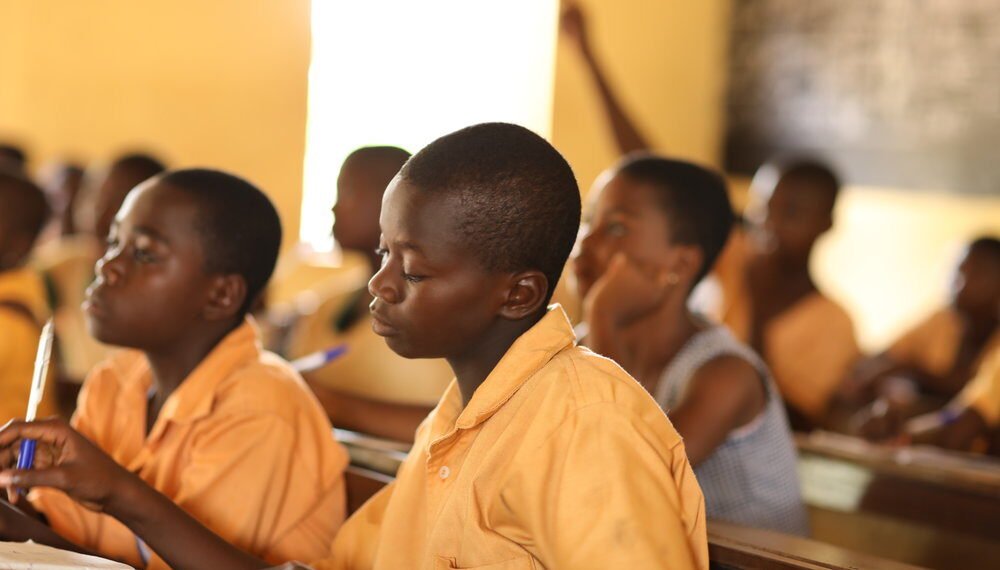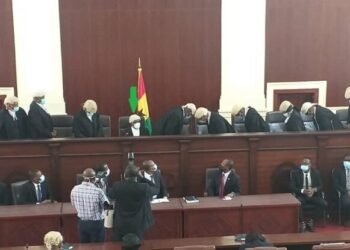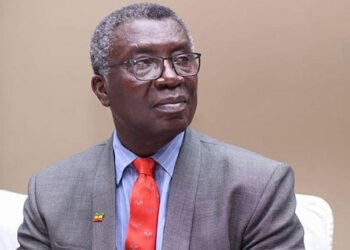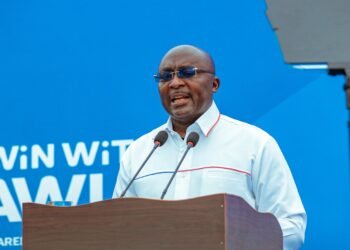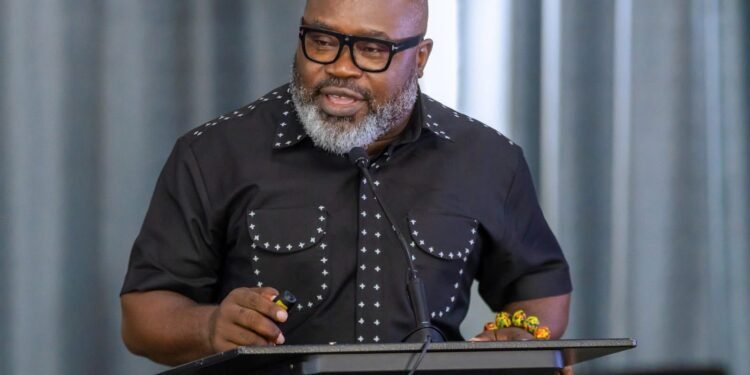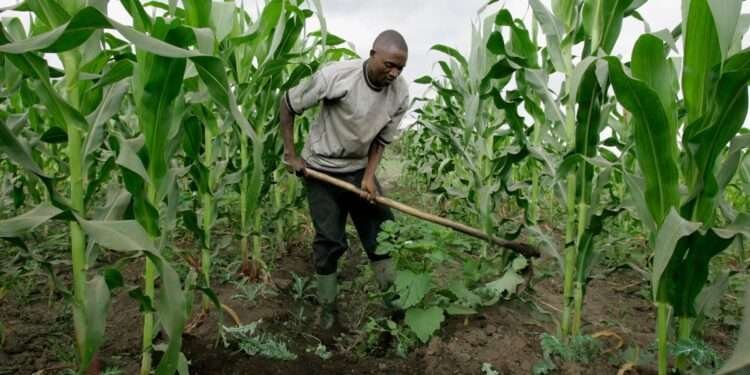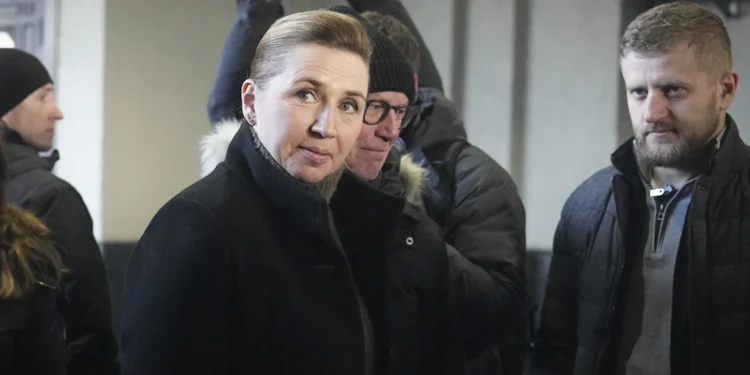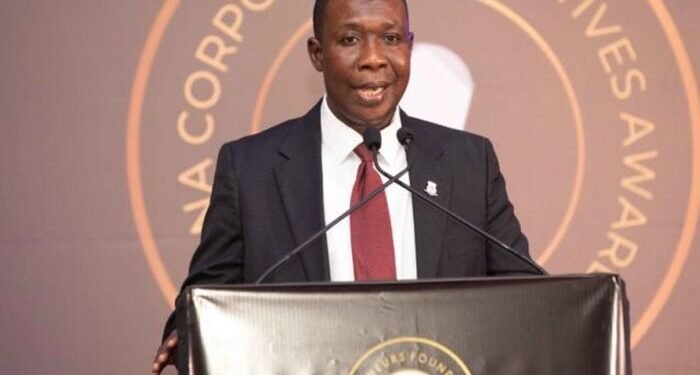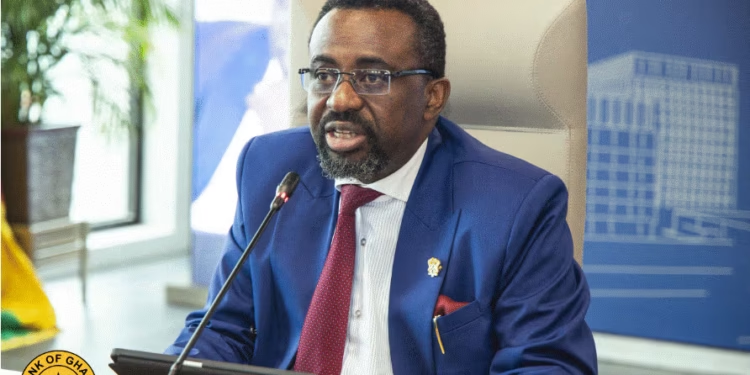Ghana’s drive to revitalise its basic education system has received a significant boost following the allocation of an additional $117.1 million under the Ghana Accountability for Learning Outcomes Project (GALOP) and its second additional financing (AF2).
The funding is aimed at deepening interventions across basic schools nationwide to enhance learning outcomes through teacher training, school grants, and performance-based incentives.
The announcement was made during the inaugural meeting of the GALOP Project Oversight Committee, held at the Ministry of Education’s headquarters on Tuesday, July 15.
The newly formed committee, chaired by Minister for Education Haruna Iddrisu, convened key stakeholders from government, development partners, and implementing agencies to deliberate on strategies for ensuring the successful and impactful deployment of the funds.
The new financing, secured through the support of the World Bank, the Global Partnership for Education (GPE), and other development partners, is intended to build on the gains of earlier phases of the GALOP initiative.

Since its inception, GALOP has focused on improving accountability and learning outcomes in low-performing basic schools across the country.
Ghana’s Minister for Education, Hon. Haruna Iddrisu stressed the importance of rigorous oversight and responsive systems in ensuring that the interventions under the additional financing yield meaningful and measurable improvements.
“GALOP AF2 provides an additional $117.1 million to scale up targeted interventions in basic schools. We must ensure that every intervention, from teacher training and school grants to performance-based incentives, is effectively deployed and monitored.
“As a committee, our effectiveness will be measured by the clarity of our direction, the quality of our oversight, and the responsiveness of our system to on-the-ground realities.”
Ghana’s Minister for Education, Hon. Haruna Iddrisu
The Oversight Committee’s meeting served as a forum to reaffirm commitment among stakeholders to the program’s success and to lay out a collective strategy for adaptive implementation.
Representatives from the World Bank and other development partners were present, along with officials from the Ghana Education Service (GES), the Ministry of Finance, and civil society.
Improving Quality Education
The Ministry of Education further underscored that the newly secured funds are intended not only to scale up access but to improve the quality of education delivery at the foundational level.

The approach includes training more teachers in modern pedagogical methods, providing grants directly to schools for operational needs, and introducing incentives linked to performance improvements in literacy and numeracy among learners.
The announcement comes at a critical time when the new administration, led by President John Dramani Mahama, has renewed national efforts to strengthen the basic education sector.
The administration has signalled a clear shift toward prioritising foundational education, as evidenced by the historic allocation in the 2025 national budget.
According to figures released by the Ministry of Finance, the 2025 education budget stands at GHC 42.1 billion—the highest nominal amount ever committed to the sector. This allocation marks the largest share of the national budget dedicated to education since the outbreak of COVID-19.
Officials say this renewed emphasis on foundational education is informed by persistent learning gaps in the early years of schooling, which have been compounded by economic disruptions and the lingering effects of the pandemic.
GALOP, with its targeted approach, is seen as a key mechanism to reverse this trend by focusing on schools with the greatest need.

The World Bank, a leading financier of the programme, has long advocated for data-driven and results-oriented approaches to education reform, which GALOP embodies.
The programme is structured to disburse funds based on verified improvements in learning, making it one of the more performance-sensitive education reform models in the country.
The GALOP Oversight Committee is expected to meet regularly to track progress, address implementation bottlenecks, and ensure alignment with national education goals.
READ ALSO: “Stop Listening to the Alhaji on the Corner!” – BoG Boss Slams Cedi Speculation Culture

